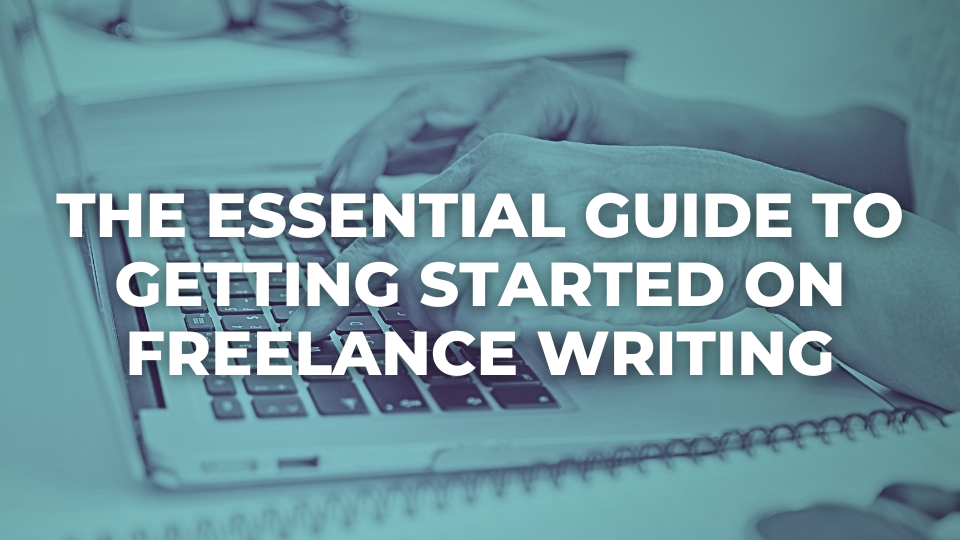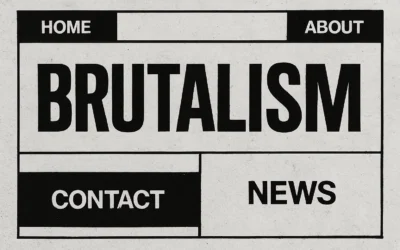Have you always dreamt of being a writer? Then freelance writing is an excellent avenue for exploring your love of the written word. With minimal commitment but great returns, a career in freelance writing is both lucrative and fulfilling.
Below, we will share an essential guide to a writing career – from enhancing your writing skills to landing clients. Let’s get into it.
Freelance Writing Specialties
Before embarking on your freelance writing journey, you’ll need to know more about the industry. Freelance copywriters may find work in various specialties based on skills and training. Let’s take a look at the main types of freelance writing below:
Blogging
According to First Site Guide, the blogging industry is worth a whopping $400 million! Running a successful blog can rake in the dollars – and so is a highly lucrative industry. The great part about applying for blog writing jobs is that you can work within a specific niche if you have a passion you wish to write about.
Social Media
Social media copywriting is another avenue you could explore. This field offers unique challenges such as character limitations, search engine optimization, and engagement metrics. There are industry-focused guides that you can use to glean tips and information on what will make your content creation stand out. While it is different from traditional forms of writing, it provides excellent work in a highly in-demand industry.
Article Writing
This is one of the most common writing pathways and the one that most newbie writers tend to venture into. You likely will not need specific knowledge or skills for article writing, as it will be based on more general topics and information.
Technical Writing
Once you build up your base writing skills, you may want to venture into the world of technical writing. Fields like finance and engineering need the content too, but often use complicated jargon and technical terms the average individual may not understand. Technical writers help translate these complex concepts in a discernible way to everyone!
If you’re particularly interested in one of the specialties, start writing work intended for it! This will help you get started on samples that are tailored for the kind of work you’re looking for.
Writing Experience
The great thing about a career or side hustle in freelance writing is that you don’t necessarily need formal training in writing. If you don’t have a degree in English or related subjects, never fear. Per FlexJobs, most employers indicate that experience trumps training.
What is valuable when applying for jobs is your capabilities, or in this case, your work. Your portfolio and writing samples will speak for your efficacy in a way that previous jobs cannot. So try to get as much practice as possible and build up that portfolio.
Your Resume and Portfolio
As you gain experience, you should collect a record of it for prospective employers or clients. At the beginning, you might save the bulk of your portfolio, but at some point you will want to highlight specific pieces that you’re particularly proud of. Similarly, you can use a professional resume builder to list your relevant accomplishments and experiences. Keep track of important clients, awards, and work you’ve done using online tools such as these, and you’ll be ready when a prospective client asks about your work.
Finding Work
Once you have a decent number of articles under your belt, it’s time to get applying. One option is to make a list of employers or publications you’d love to work with and pitch to them. Or you could go through existing openings on job boards like Fiverr, ProBlogger, and other writing platforms and apply directly.
Getting hired (particularly for your first job) can be difficult, so be sure to reach out to your network and let them know about your new business. You never know who may need writing services!
Set Up Your Freelancing Business
In addition to developing skills and expertise, you’ll also need to set up your freelancing business. Start thinking about business structure, as that will set your business up down the line. In addition, make sure you’re following the legal requirements of the province you’re based out of.
Incorporating is another good practice to follow, as you’ll benefit from limited liability, reduced paperwork, and tax advantages. You’ll also have greater flexibility in payments and could save even further by filing yourself or opting for a formation service.
What’s in a Name?
One thing to bear in mind is the name of your new business. You may be wondering should I name my LLC after myself. Depending on the type of writing you plan to do, this may or may not be a good way to go.
The name of your business is a bit like your business’s face, and it’s the cornerstone of marketing your product. It’s the first impression you usually will make, and you want them to understand your direction and work based on what they see.
If you are in a creative niche, your personal name might be the right answer. But if you’re doing something technical or offering a product specific to an industry, you should consider a name that indicates a bit more about your product.
Working from Home
Most freelance writers work from the comfort of their home. If that’s your plan, make sure you set up a space where you can focus on your work without interruption. So, instead of the kitchen or couch, an office is best. You might even want to convert a spare room, garage, or your basement into your workspace. It pays off in other ways, since a dedicated area is a write off on your taxes, and if you end up with even a minor renovation, it can boost your home’s marketability.
Once you have a space set up, establish working hours and some protocols for your household. Think in terms of this being your job (even if you start it as a side hustle). Setting professional standards from the beginning will carry throughout your career.
How Much Do Freelance Writers Make?
Like any other industry, rates earned depend entirely on a wide range of factors. How long you’ve been writing is one of the most important metrics to determine pay, as is the quality of work. Some employers may value professional training as well. However, according to ZipRecruiter, the average hourly rate for freelance writing comes in at $23, with an annual salary of approximately $48,000.
Freelance writing is a great side hustle (or main gig) that engages your creative side. You’ll have complete control over the hours you work and the projects you take on – all while working from the comfort of your own home! Be sure to follow our tips above to get started on your dream career!
If you want to become a powerful writer, you need personal coaching and feedback to grow. If you would like to submit an article to Unmatched Style, click here!






0 Comments